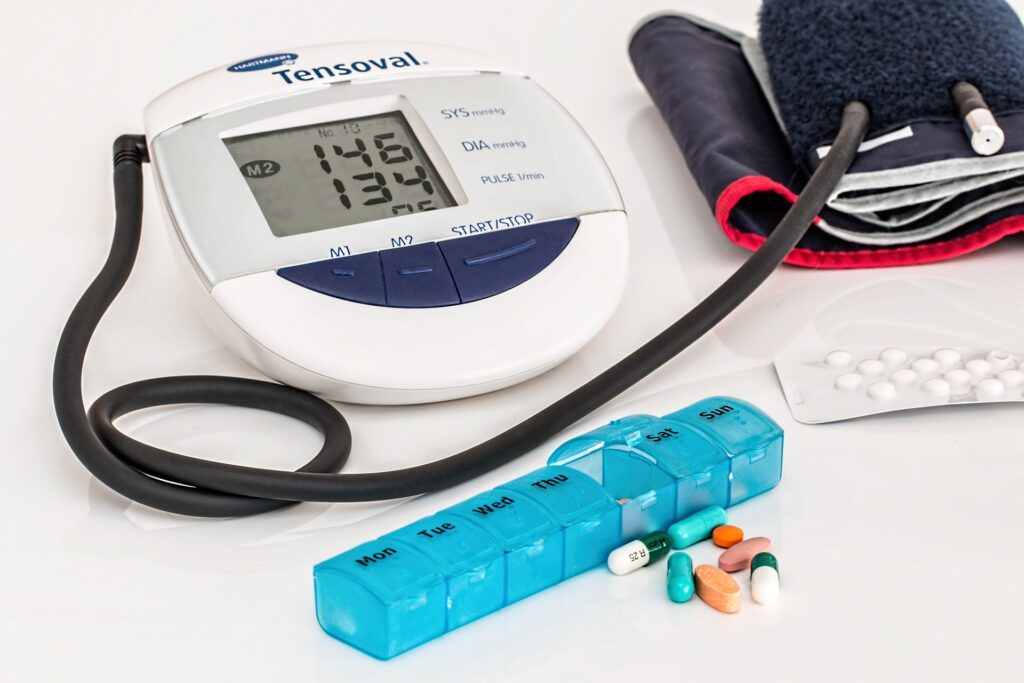
Almost 70% of Americans 65 and older will need some kind of long-term care at some point according to the federal government. A typical annual fee for a private room in a nursing home is almost $100,000 OUT OF POCKET or if you choose help at home, hiring a home health aide runs roughly $50,000 per year OUT OF POCKET. Out of pocket means out of your pocket – you pay. Most Americans think the government will cover long-term care costs like nursing home stays or in-home care. Wrong. Most likely, the money will come out of your own pocket if you don’t plan well.
Medicare and Long-Term Care
Medicare only covers a nursing home care people 65+ in very limited circumstances. If you were in a hospital for more than three days and then your doctor sends you to a skilled care facility to get better, Medicare can pay for a stay of up to 100 days, and you must stay in a semi-private room, not a private room while there. Note, Medicare does not pay for day to day care like help with using the bathroom. If at any time, doctors decide you will not get better, Medicare stops paying for care and you start paying, or you stop the care.
Nursing homes and assisted living are typically covered by Medicaid.
Medicaid and Long-Term Care
Medicaid covers more types of long-term care costs for people over 65 including care in settings like nursing homes, assisted living facilities or even at home. Medicaid is the default payer for the majority of nursing home residents. However, note that qualifying for Medicaid is often difficult as it is based on your income and assets which can easily be deemed too high.
Medicaid only kicks in after you have spent almost all of your assets. If Medicaid determines that you have gifted or transferred your assets (typically anything more than $500/month) within the five years of your application date, often called the “five-year lookback,” you will be ineligible for Medicaid benefits for some time. Note that Medicaid gift rules and tax gift rules are different and separate. Federal and state governments operate Medicaid together; note that income and asset thresholds vary by state as each state sets its own threshold numbers.
Again, depending on your state, Medicaid will pay some or all of your long-term care health services, and even services for helping you stay in your home like help with laundry or home renovations. Some of the services Medicaid will pay for might be:
- Transportation to and from medical appointments
- Basic cleaning and laundry
- Meal preparation
- Personal care services, including dressing and bathing
- Wheelchair ramps or other simple home changes
Your rent, mortgage, utilities or food are not paid for by Medicaid. Also, Medicaid pays nursing homes with registered nurses on staff but typically pays very little to assisted living facilities, which usually do not provide staff who are registered medical personnel. No matter what your case, check your state rules to find out what is covered and what is not covered or available in your state. Again, each state’s Medicaid rules are different.
Conclusion
Long-term care is expensive and most likely something you or your family members will require. Medicare and Medicaid are different programs that pay for different types of care. Learn, plan and prepare today with Gentreo.
For more information, visit us at Gentreo.com. We can help you create a simple and affordable health and estate plan, and a safe place to store it.
Gentreo is not a law firm or a substitute for a law firm or attorney or an attorney’s advice or recommendations.
Don’t wait until it’s too late; start your estate planning journey with Gentreo today. By doing so, you’ll not only protect your loved ones but also gain the peace of mind that comes with knowing your legacy is secure. Click here to join now. https://www.gentreo.com/
This article is for informational purposes only and should not be considered legal advice. Consult with a qualified attorney or estate planning professional for personalized guidance.










